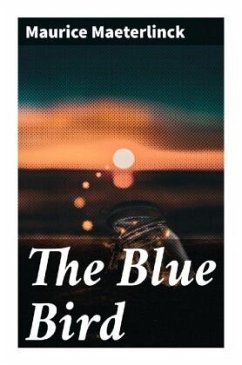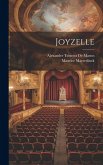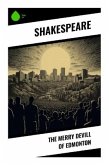In 'The Blue Bird,' Maurice Maeterlinck presents a poignant allegorical tale that delves into the profound quest for happiness and enlightenment. Written in the Symbolist style typical of Maeterlinck's oeuvre, the play unfolds through the journey of two children, Tyltyl and Mytyl, who, in their pursuit of the elusive Blue Bird of happiness, traverse a fantastical world filled with personified entities such as Light and Night. The narrative is steeped in rich imagery and philosophical reflections, offering a meditation on the nature of desires and the intrinsic quest for genuine fulfillment amidst the mundane realities of life. Maurice Maeterlinck, a Belgian playwright and Nobel laureate, emerged as a towering figure in literature during the late 19th and early 20th centuries. Maeterlinck's formative experiences in a rapidly changing Europe, rife with existential angst and cultural transformations, shaped his interest in themes of fate, destiny, and the spiritual dimensions of human experience. His poetic soul and keen observations of nature and life imbue 'The Blue Bird' with a quest-like motive that resonates with audiences through both its playful elements and deeper existential inquiries. I highly recommend 'The Blue Bird' to readers seeking a profound exploration of hope and inner joy through a magical lens. Maeterlinck's exquisite prose and insightful symbolism create a timeless narrative that appeals to both children and adults, inviting introspection on what constitutes true happiness in our lives.
Bitte wählen Sie Ihr Anliegen aus.
Rechnungen
Retourenschein anfordern
Bestellstatus
Storno








